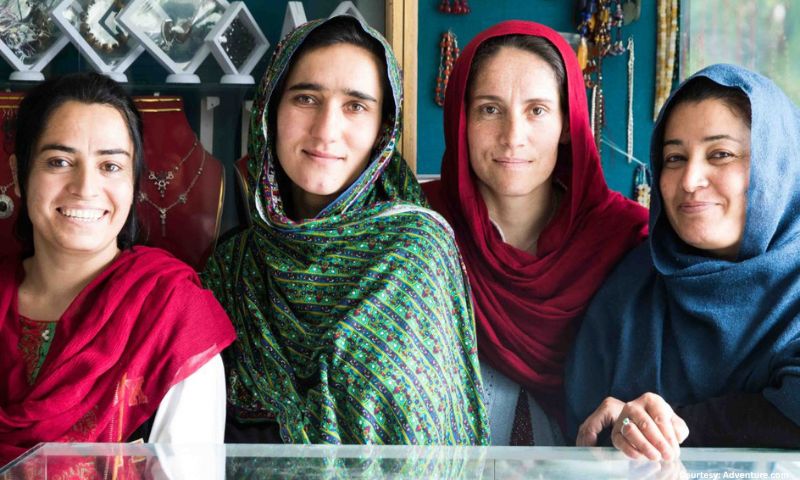HUNZA – In the serene yet rugged valleys of Hunza, a unique economic shift is unfolding — driven by local women who are breaking social norms and building businesses that are turning heads.
Bibi Amina, once employed in a heritage conservation project, turned her skills into a booming carpentry workshop in 2008. Today, she leads a team of over 20 women and has trained around 100 more. Their custom cabinetry and wood furnishings are even winning contracts with upscale hotels in the region.
On winding Karimabad streets, women-founded eateries are becoming evening hotspots. Cafe owner Lal Shehzadi began with minimal investment—a few tables, mountain views, and local cheeses. After 16 years, she now runs a cozy eatery with 11 women staff and her own children helping out.
Beyond business, sports are also being reimagined. Hunza villages now boast women’s football teams across communities like Gulmit and Passu. Players like 17-year-old Nadia Shams train on synthetic fields, often citing former national star Malika‑e‑Noor as inspiration.
What’s Fueling the Shift?
- Exceptional Education – With literacy rates near 95%, thanks to Aga Khan-supported schools, women in Hunza have a solid foundation.
- Community Norms Evolving – Earlier seen only in household roles, women are now welcomed in workshops, cafés, and fields.
- Support Networks – Local NGOs and programmes assist with training in carpentry, food services, sports, and even handicrafts—spreading skills and mentoring.
The Broader Significance
While rural Pakistan records only 23% female labour force participation, Hunza is charting a different course. Driven by women forging paths in skilled trades, hospitality, and athletics, the valley is emerging as a model for gender-inclusive economic growth.
This story has been reported by PakTribune. All rights reserved.


